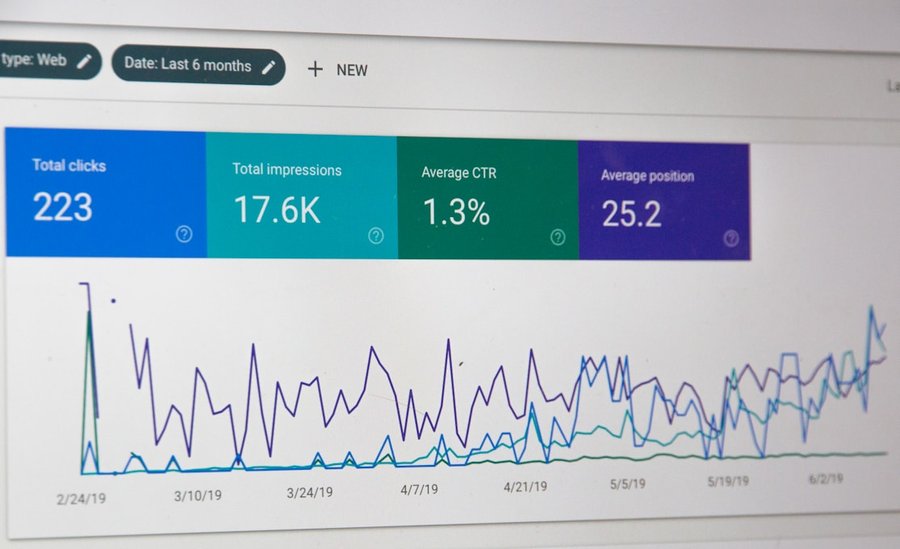cm – Google, the search engine giant that primarily dictates the SEO game, regularly updates its algorithms to enhance the quality of search results.
Each algorithm change significantly impacts how websites are indexed and ranked.
In this latest update, there are several crucial changes that website owners and SEO practitioners need to pay attention to.
What is a Google Algorithm Update?
Before diving into the details of the latest update, it’s essential to understand what an algorithm update is.
Google uses complex algorithms to determine website rankings based on various factors such as content relevance, backlink quality, and user experience.
Algorithm updates are refinements made by Google to ensure more relevant and high-quality search results for its users.
Main Focus of the Latest Update
User Experience
Google increasingly emphasizes the importance of user experience in determining website rankings. This includes page loading speed, mobile-friendliness, and interactivity.
Core Web Vitals, consisting of Largest Contentful Paint (LCP), First Input Delay (FID), and Cumulative Layout Shift (CLS), are key metrics to monitor.
- Largest Contentful Paint (LCP): Measures the loading time of the largest visible content on the screen.
- First Input Delay (FID): Measures interactivity, or the time it takes for a site to respond to the first user interaction.
- Cumulative Layout Shift (CLS): Measures visual stability and the frequency of layout shifts.
Content Quality
The latest algorithm has become smarter in understanding the context and quality of content. Google uses machine learning and natural language processing to evaluate content.
Informative, original, and user-relevant content will rank higher.
- E-A-T (Expertise, Authoritativeness, Trustworthiness): Google prioritizes sites that demonstrate expertise, authority, and trustworthiness in their content.
- High-Quality Content: Articles should be well-written, free from grammatical errors, and provide in-depth and useful information.
Relevant Backlinks
Backlinks remain a crucial factor in Google’s algorithm. However, the quality of backlinks is more important than quantity.
Google penalizes sites attempting to manipulate rankings using black-hat SEO techniques such as buying backlinks or using private blog networks (PBNs).
- Natural Backlinks: Backlinks naturally acquired from relevant and trusted sites are more valuable.
- Relevant Anchor Text: Ensure that the anchor text used for backlinks is relevant to the content of the target page.
Site Security
Site security is also a major focus in the latest algorithm update. Sites using HTTPS and possessing SSL certificates tend to rank higher.
This is crucial for protecting user data and building trust.
- HTTPS: Ensure your site uses HTTPS for added security.
- User Data Security: Protect user data from cyber threats and ensure your site is free from malware.
How to Optimize Your Site for the Latest Algorithm Update
To stay competitive and maintain your site’s ranking in Google search results, here are some steps you can take:
Enhance User Experience
- Optimize Site Speed: Use tools like Google PageSpeed Insights to identify and fix issues that slow down your site.
- Responsive Design: Ensure your site is responsive and mobile-friendly to provide the best experience across all devices.
- Improve Interactivity: Reduce site response time by optimizing code and minimizing the use of unnecessary scripts.
Create High-Quality Content
- Keyword Research: Use tools like SEMrush or Ahrefs to find relevant keywords with high search volumes.
- Informative Content: Write detailed, in-depth content that answers frequently asked user questions.
- Update Old Content: Keep your old content relevant by periodically updating it.
Build Quality Backlinks
- Reach Out to Relevant Sites: Conduct outreach to relevant sites and offer guest posts or collaborations to gain quality backlinks.
- Create Quote-Worthy Content: High-quality, informative content is more likely to earn natural backlinks.
Maintain Site Security
- Use HTTPS: Ensure your site uses HTTPS for added security.
- Update Software: Regularly update software and plugins to avoid security vulnerabilities.
Conclusion
Google’s latest algorithm update emphasizes the importance of user experience, content quality, backlink relevance, and site security.
By following these guidelines and continuously monitoring Google’s algorithm developments, you can maintain and improve your site’s ranking in search results.
Stay adaptive and proactive in optimizing your site for upcoming changes to remain competitive in the ever-evolving world of SEO.
If you have questions or need further assistance in optimizing your site, don’t hesitate to contact us. Happy optimizing and good luck with your SEO strategy!




